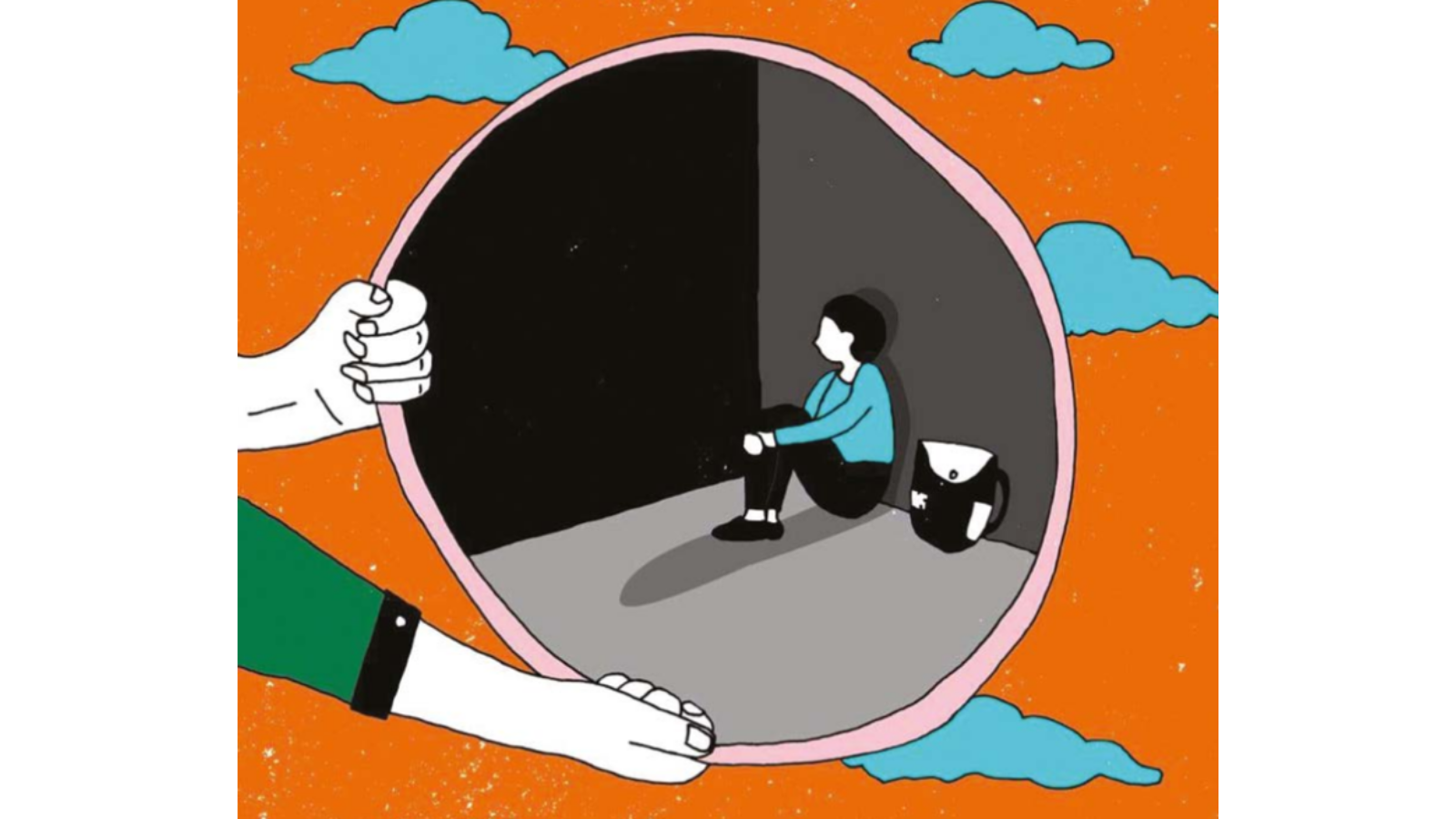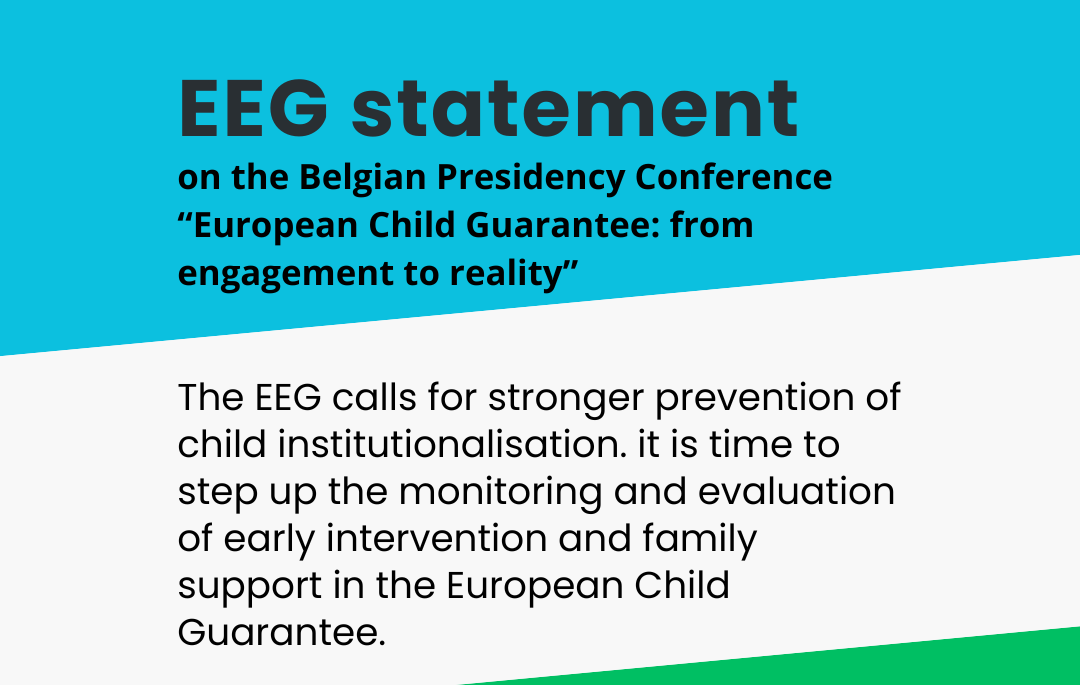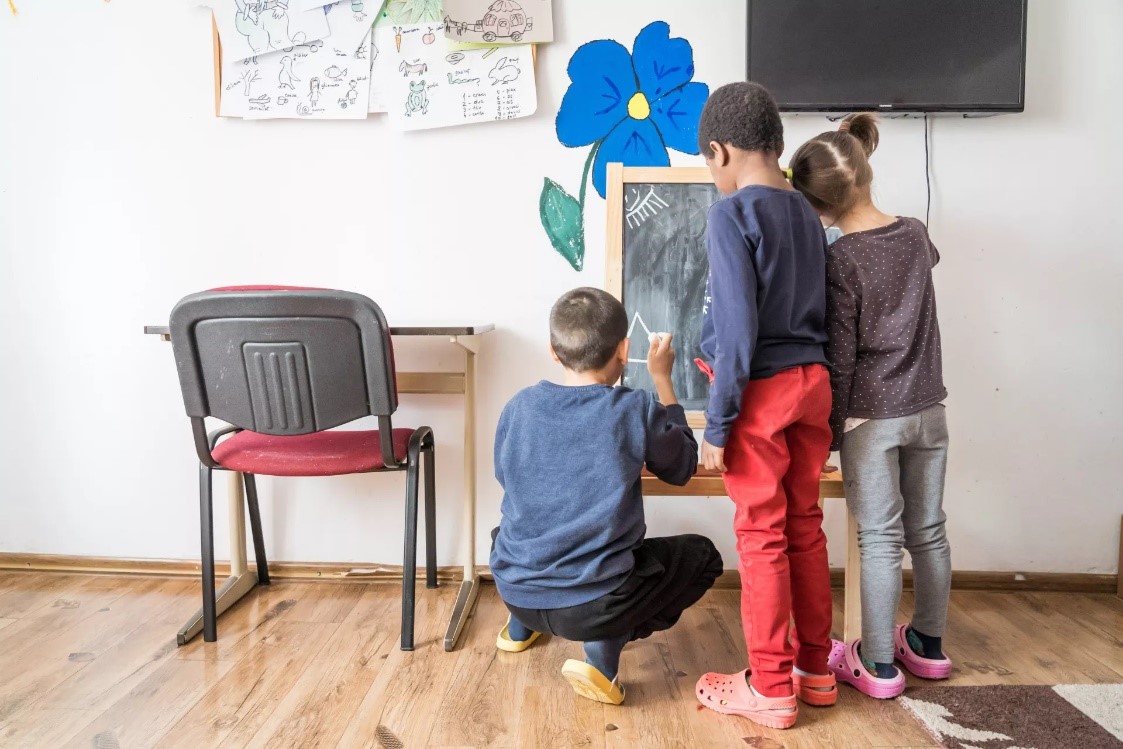Child immigration detention in the EU
Informative description of the developments regarding child immigration detention at the global level
Immigration detention of children, both of children who are alone or with their families, is a widespread practice in EU member states. Although numbers of children in detention are not adequately collected and published on national level, the statistics collected in 2016, 2017 and 2018 by the Fundamental Rights Agency and the Quaker Council for European Affairs show that the practice is prevalent and underreported.
On a given date in 2016, 180 children were detained in the 14 EU countries that provided data. The longest detention period of unaccompanied children was 195 days (of a 15-year old boy in Latvia, whose nationality was not reported) and 151 days (of a 16-year old Syrian boy in Poland). There is significant divergence between member states in the methodology of collecting data; in some countries, children who are detained with their parents are not counted separately as they may not always have been subject to a detention order but deprived of liberty to keep them together with their parents.
Detention of irregular migrants or asylum seekers under EU law arises in the context of enforcing decisions to return to their country of origin, to enforce Dublin transfers or as part of the reception procedure for those seeking international protection. In addition, de facto detention of asylum seekers, such as in hotspots, regularly occurs.
The Initiative for Children in Migration, together with Eurochild and other partners, developed a joint publication which aims to provide an informative description of the developments regarding child immigration detention at the global level, with a focus on European law and conduct, and suggests next steps towards ending child immigration detention and implementing alternatives. Hereby, immigration detention of children and families is considered in the asylum context as well as the return procedure.





